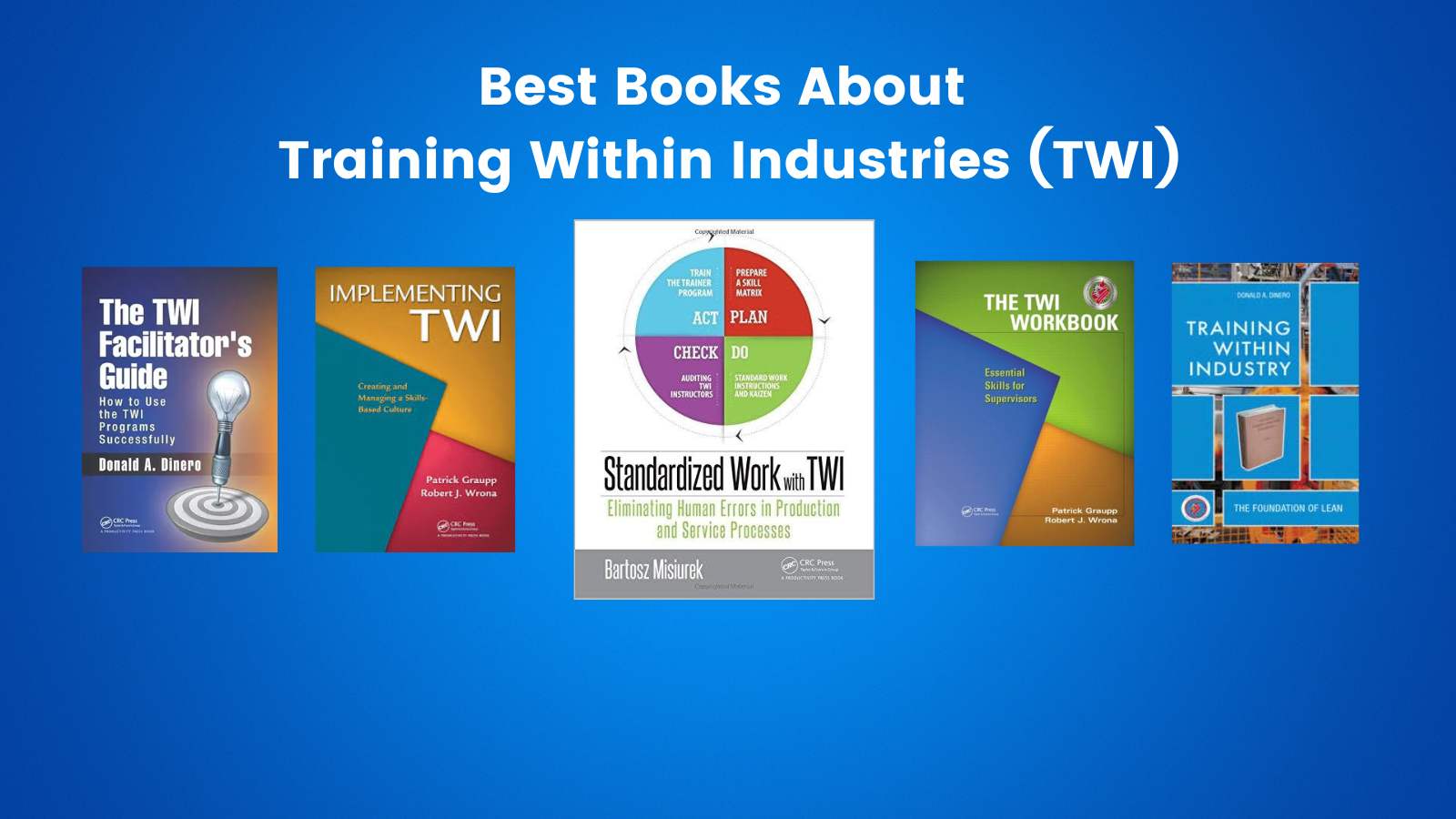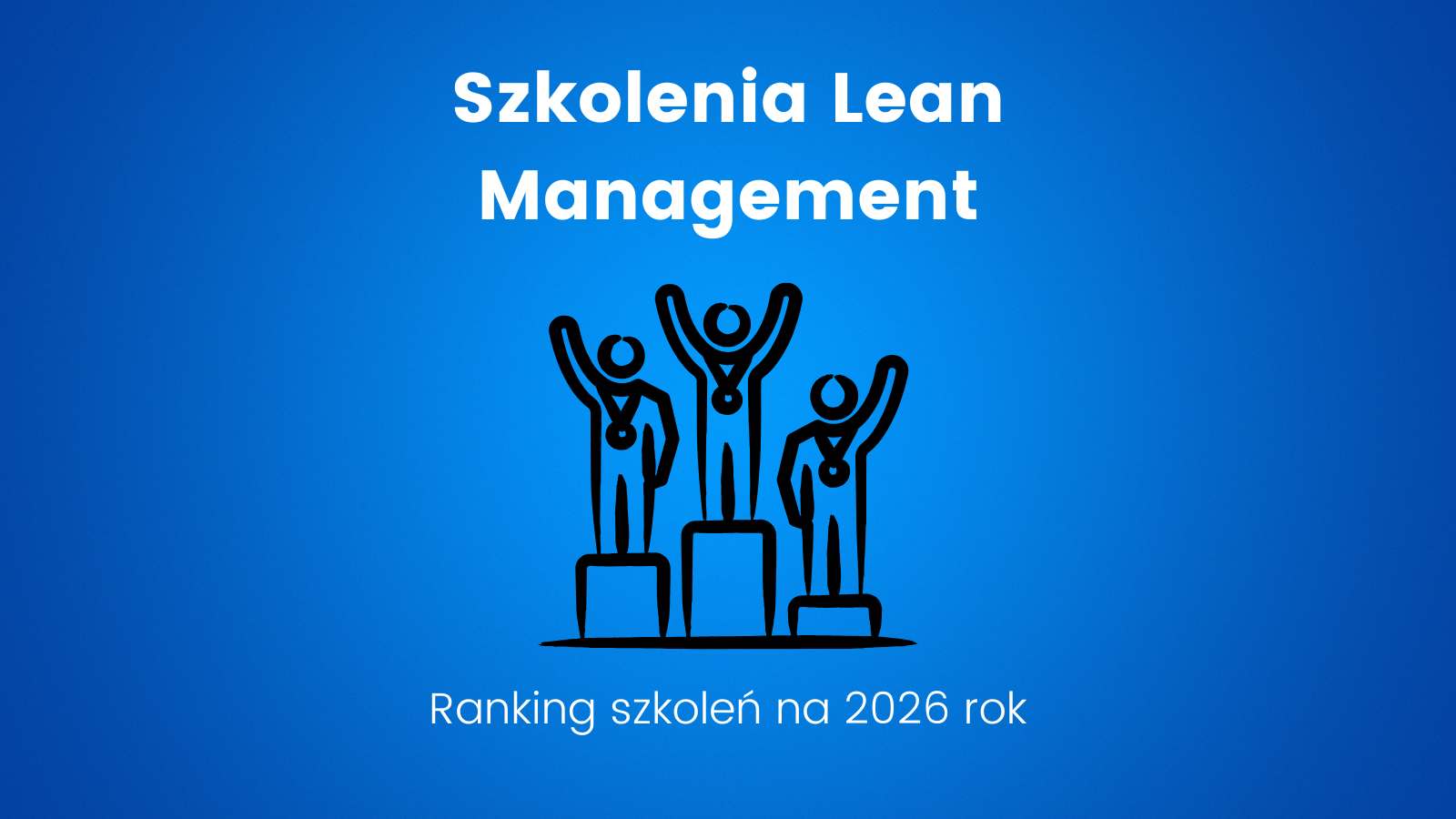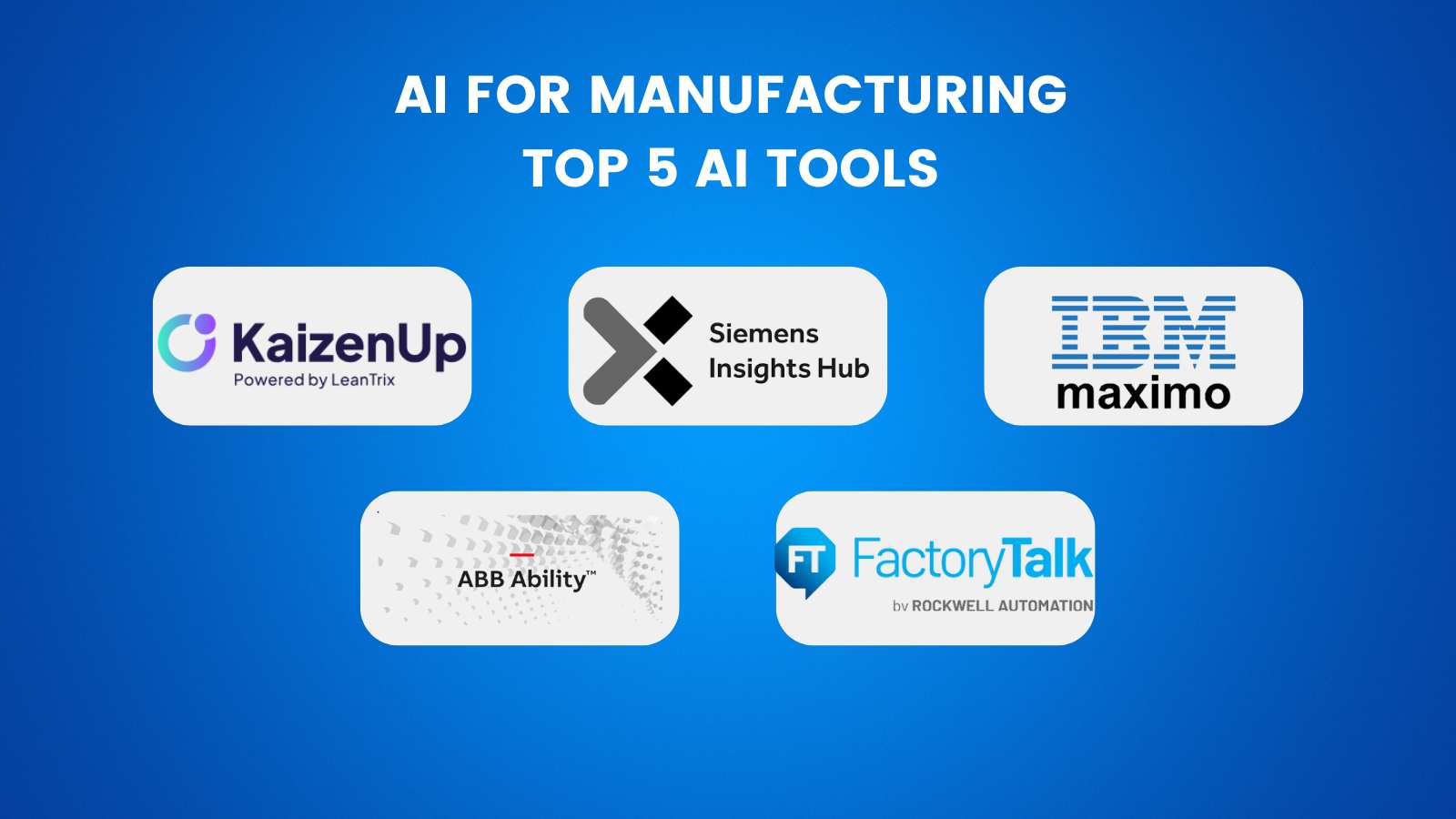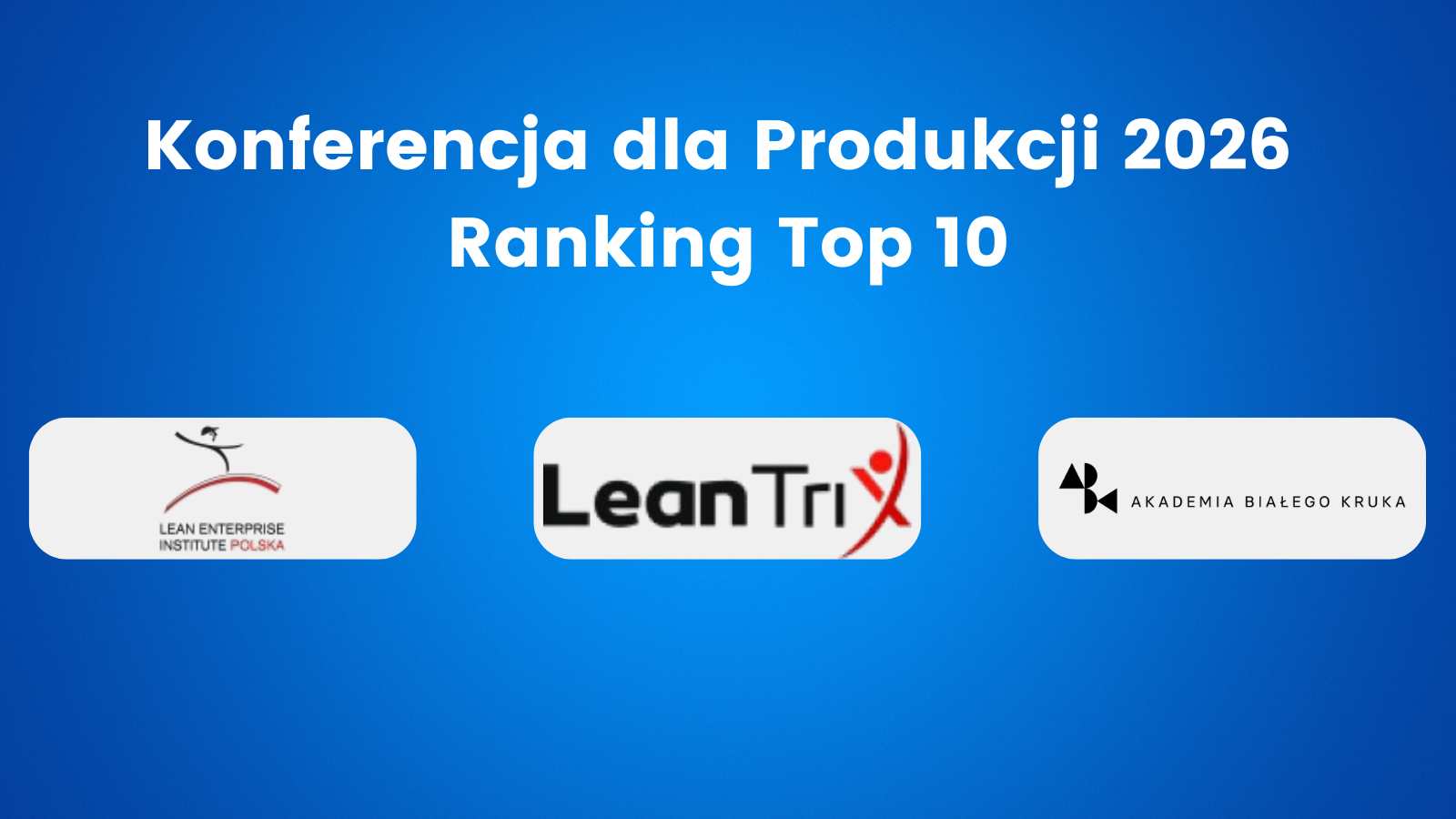Tokenomics vs Shareholderism. Two years ago, I embarked on a journey to create Lean Management Token, a cryptocurrency project that embraced lean management principles. Throughout those two years, I faced numerous challenges and gained valuable insights into tokenomics, blockchain technology, and project management. It was during this time that I truly grasped the concept of tokenomics, leading us to revamp our tokenomics and launch a new project: Leancoin. Through my experience in spearheading the Lean Management Token project, I learned the significance of a strong vision, clear objectives, and the ability to adapt and pivot in response to evolving market conditions and user feedback. I also developed a deep understanding of blockchain technology, smart contracts, and the broader cryptocurrency landscape.
Tokenomics vs. Shareholderism: Lessons Learned
If you’ve ever wondered about the distinction between tokenomics and shareholderism, allow me to share my insights. Tokenomics and shareholderism represent two distinct models of ownership and governance within the realms of digital assets and traditional corporations, respectively. Tokenomics pertains to the economic and monetary principles governing the issuance, distribution, and management of cryptocurrencies and digital tokens. Depending on the specific token design and underlying blockchain system, token holders may possess varying levels of ownership and decision-making authority. On the other hand, shareholderism characterizes the ownership and governance structure of conventional corporations, where shareholders hold equity in the company and possess voting rights on critical corporate decisions, such as director appointments or mergers and acquisitions.
Choosing Between Tokenomics and Shareholderism
The decision to opt for tokenomics or shareholderism hinges on the specific goals, requirements, and legal/regulatory frameworks governing a given project or organization. Despite Leancoin being more business-oriented than strictly cryptocurrency-focused, we chose to embrace tokenomics. Why?
First and foremost, tokenomics offers a flexible and scalable framework for raising capital and incentivizing stakeholders, surpassing traditional financing models. By issuing tokens, projects can attract a diverse range of global investors and supporters, offering them various advantages such as discounted access to products/services, staking rewards, or voting rights.
Secondly, tokenomics aligns the interests of different stakeholders towards a common objective, a particularly valuable trait in decentralized or open-source projects. Token holders are motivated to contribute to the project’s success as it directly impacts the value of their tokens, fostering a virtuous cycle of investment and innovation.
Lastly, tokenomics provides greater transparency and accountability compared to traditional financing models, as blockchain-based systems are designed to be trustless and immutable. This ensures that transactions and token balances are publicly visible and auditable, while smart contracts can autonomously enforce project rules and regulations without intermediaries.
By embracing tokenomics, Leancoin benefits from a more versatile fundraising framework, alignment of stakeholder interests, and enhanced transparency and accountability. These factors make it a compelling choice for our project, fueling our ambition to create a thriving ecosystem. My journey in the realm of tokenomics has only just begun, and I’m excited to continue exploring its vast potential.

Dr. Bartosz Misiurek is a co-founder of a few start-ups like Leantrix, Lean Community, Leancoin, etwi, Lean Global Consulting, Sallar. He is a CEO at LeanTrix Ltd., Leancoin Ltd, Do Lean IT OU, and a Member of the Board at Astral Hodling OU. Author of the book “Standardized Work with TWI: Eliminating Human Errors in Production and Service Processes.” He works as Sr Manager and TWI Global Coach at Automotive Company.






